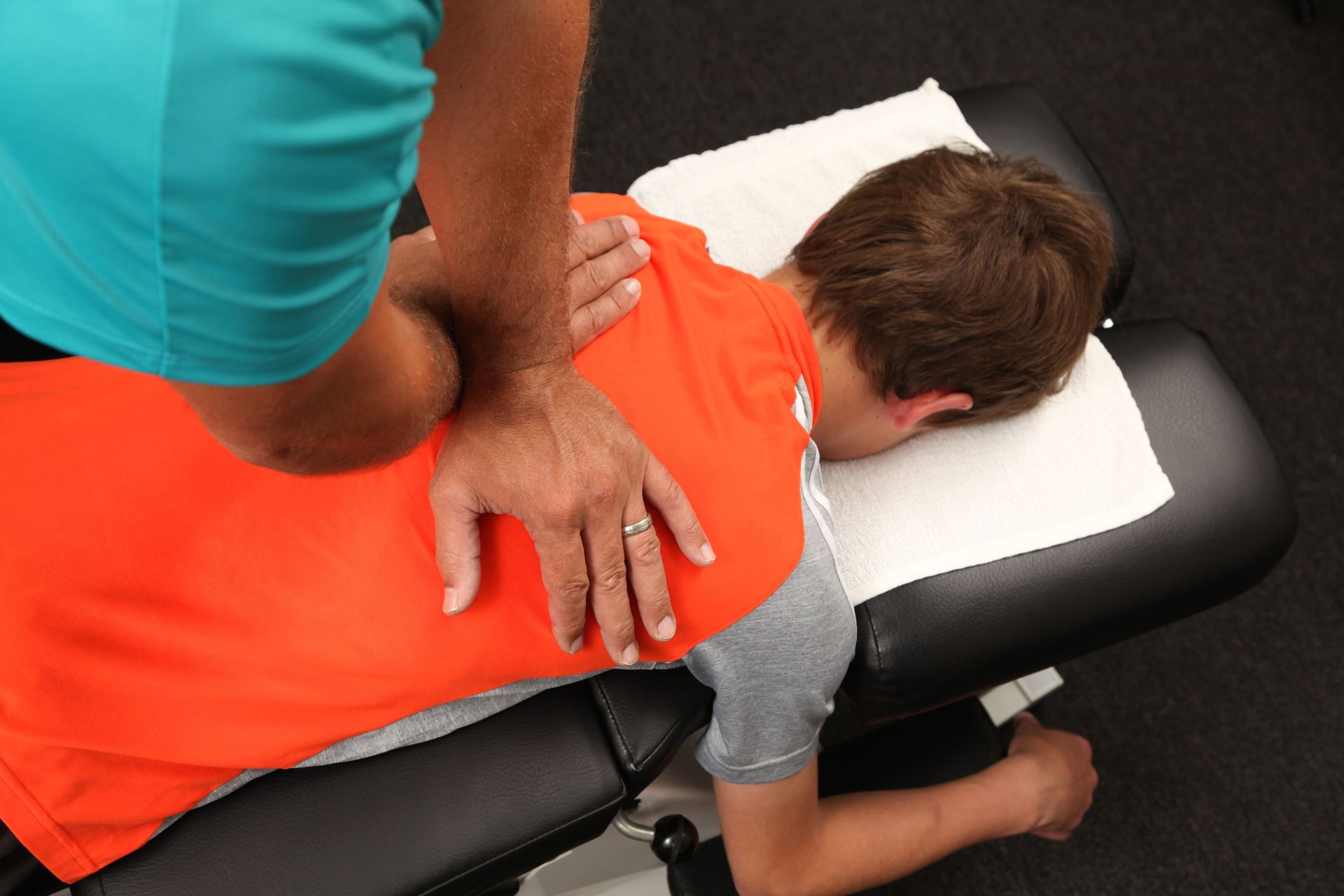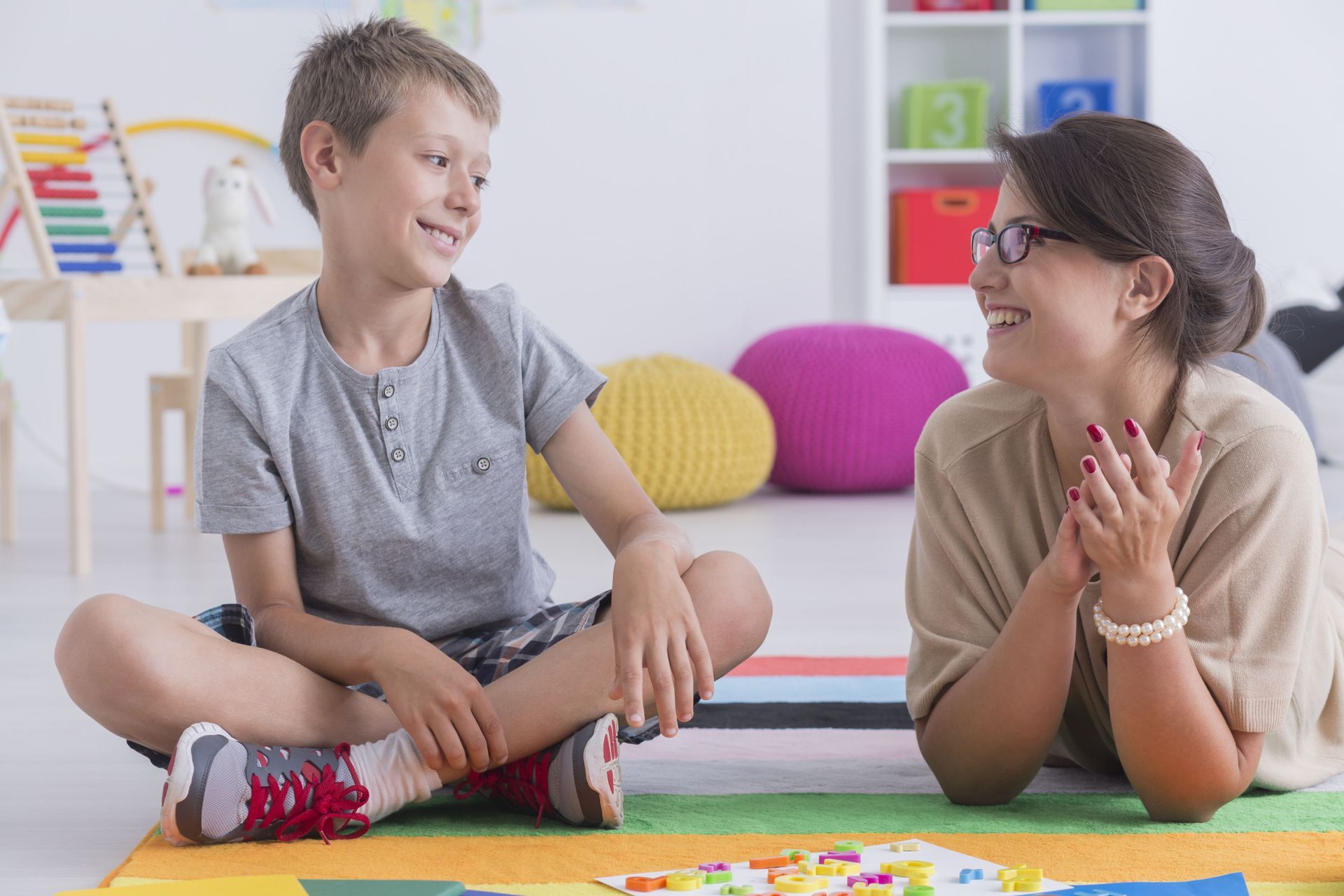4 Signs Your Child May Need Speech Therapy
Children are supposed to hit certain milestones, particularly when it comes to speech. If you're noticing issues with your child's speech, such as slurring or non-verbal tendencies, you're rightfully concerned. According to the National Institute on Deafness and Other Communication Disorders, about almost 8% of American children aged three to 17 have had a disorder related to voice, speech, language, or swallowing in the past year. Here are some signs it may be time for pediatric therapy for your child.
1. Signs of Delays
Like most parents, you're likely anxiously waiting for your little one to say their first words. You may wonder if the first word will be "mama" or "dada." Needless to say, you may be worried if your child has not yet said their first word by the time they reach a year of age. They should also use gestures such as pointing and waving as a way to communicate non-verbally during this period.
2. Low Vocabulary
Pay attention to your growing toddler's vocabulary range. A two-year-old should have about 50 words in use, as noted by Expressable. They should also be combining words in speech. With enough professional pediatric therapy sessions, your little one should be able to expand upon their vocabulary and reach their milestones.
3. Consistent Mispronunciation
Mispronouncing words is not a cause for alarm, especially in a developing child. Does your child mispronounce the simplest words more often than not? If your child seems to mispronounce most of their words, that's something that requires intervention. After all, their mispronunciation may be due to a combination of not being able to properly form their words from physical or mental delays. They may not correctly hear the words spoken by others as reference. Note if it's hard for everyone to understand what your child is saying, even other family members.
4. Social Isolation
If your child has difficulty communicating, it may be hard for them to deal with school and socialize with their peers. Has your child become withdrawn and quieter than normal because of these issues? Let
pediatric therapy professionals help. Getting timely intervention can ensure your child can tackle these problems before adulthood sets in.
There are many reasons why your child may have speech issues. It may be due to physical problems, illness, developmental delays, or issues in their environment. Luckily, there are professional speech therapists who can assist your child with this issue. For more information, contact our professional pediatric therapist at Interact Therapy today.




Share On: